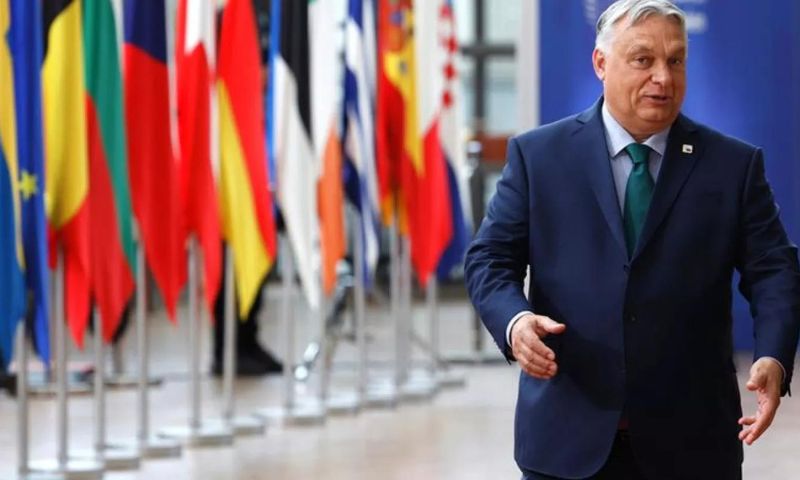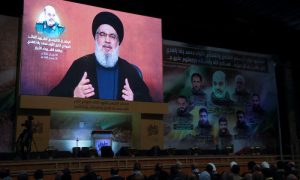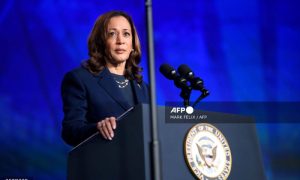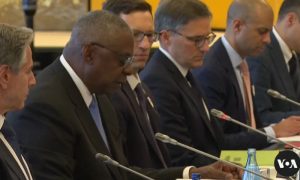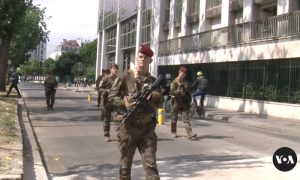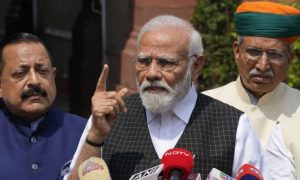BRUSSELS: Hungary’s presidency of the European Union Council faces uncertainty and criticism following Prime Minister Viktor Orbán’s recent visits to Moscow and Beijing, which have drawn sharp criticism from EU leaders and raised concerns about Hungary’s alignment with EU values and policies.
Orbán’s diplomatic visits have sparked controversy since Hungary assumed the rotating presidency of the EU Council. His tour included meetings with Russian President Vladimir Putin on July 5, immediately followed by talks with Ukrainian President Volodymyr Zelenskyy in Kyiv. Shortly after, Orbán traveled to Beijing for talks with Chinese leader Xi Jinping on July 8.
Critics have particularly condemned Orbán’s meeting with Putin, which occurred on the same day Russian forces bombed a children’s hospital in Kyiv. Neither China nor Orbán publicly criticized Russia for the attack.
According to anonymous diplomatic sources cited by Politico, EU leaders are deeply concerned about Orbán’s actions, viewing them as undermining the unity and credibility of the EU Council presidency. A meeting of EU ambassadors in Brussels on July 10 will discuss Hungary’s presidency and the repercussions of Orbán’s recent diplomatic engagements.
“There are growing concerns about Orbán’s ambiguous stance in representing Hungary versus the EU as a whole,” one EU diplomat told Politico.
Another diplomat remarked, “With such a meeting [with Putin], the presidency ends before it has really begun,” highlighting the perceived damage to Hungary’s leadership role in the EU.
Dániel Hegedűs, a senior fellow at the German Marshall Fund, characterized Orbán’s approach as “shock and awe diplomacy,” aimed at challenging and potentially undermining EU consensus and authority.
During his visit to Kyiv on July 2, Orbán proposed a temporary ceasefire to President Zelenskyy as part of efforts to accelerate peace negotiations with Russia. However, Zelenskyy rejected the proposal, expressing concerns that a ceasefire could allow Russia to regroup and resume hostilities.









